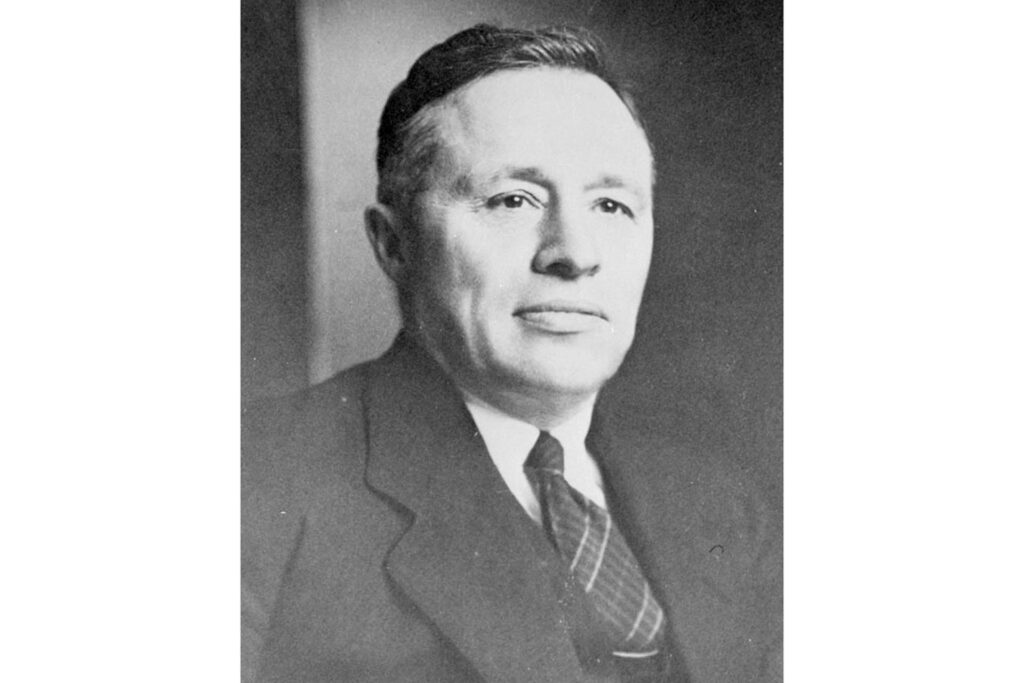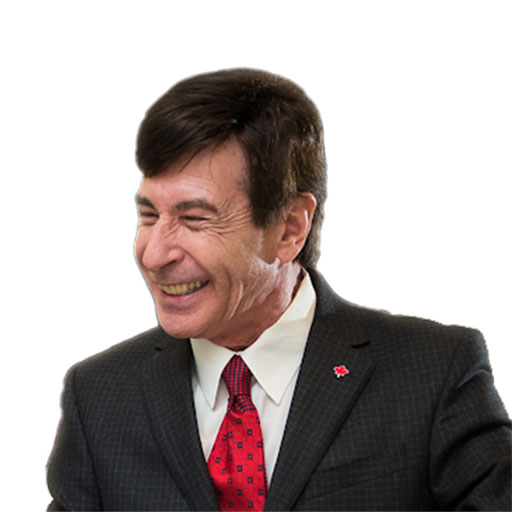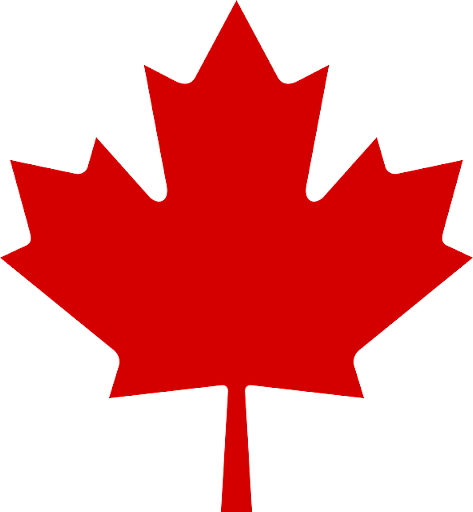Saskatchewan, the Province named after the Saskatchewan River which comes from the Cree language and means “swift flowing river”, has always been a province that produces surprises for the rest of the nation…. just look at the recent passing of “Mr. Hockey”, Gordie Howe, and remember where he grew up if you have any doubt about that! It split off from the North West Territories and joined the Canadian confederation in 1905, and quickly became known as a stronghold for Canadian democratic socialism. Ten years before I was born in what was then its largest city, Regina, it elected North America’s first social-democratic government. When CBC was trying to determine who the greatest Canadian in our history was a few years ago, it eventually settled on Tommy Douglas, one of the Province’s most famous and beloved sons who is credited with bringing us universal health care. While some still view it as a largely agricultural province, this activity, combined with forestry, fishing, and hunting, actually only makes up about 7% of this highly diversified province’s GDP. Only Alberta exceeds Saskatchewan in overall oil production, and its mining sector, known around the entire world for potash and uranium, is as dynamic as it is sophisticated. It may only have 14 of the 338 seats in the House of Commons, but every politician knows that you ignore Saskatchewan at your own risk…it has become a sophisticated, global economy, and Canadians living under its gorgeous big skies have a quality of life that is the envy of many across the country.
To get to where it is today, Saskatchewan went through many ups and downs, a few really hard times, and a lot of very different leaders. Some of these leaders had to deal with what is perhaps one of the region’s biggest challenges, a challenge that we all face as Canadians but that is particularly true in Saskatchewan, and that is the weather. This only Canadian province with man-made borders has the record for the highest-ever recorded temperature in the country (45 degrees Celsius) recorded in July of 1937 but also can see winter temperatures dip as low as minus 45 degrees Celsius. This is a continental climate of extremes, and often significantly impacts the lives of residents. When the Province’s fourth Premier, James Garfield Gardiner stood at the Empire Club podium for his second address to the Club in March of 1935, he entitled his speech “Conditions in the West” and it was basically a speech about how devastating the recent drought had been on the agricultural economy, a problem so severe that some were calling for the resettlement of thousands of people who had recently moved to the new province:
“We have a new worry on our minds. Some of us are asking the question at the present time as to whether or not people should remain in that section of the country that some seven or eight years ago we considered to be flowing with a wealth that was only suited to a chosen people. Today we are wondering whether we should move people out of that area, whether we should go back to the conditions which existed there before our population was brought in, and if in any remarks I make today I can inspire confidence in the minds of men who have made investments in that part of the country, as to the future, I will consider my time has been well spent and I trust you will consider yours has, as well.”
Today, those problems are still periodically very real, but no longer life-threatening. Saskatchewan under its incumbent leader received a AAA credit rating from Standard & Poor’s for the first time, the highest level possible for a provincial government, and recently had an eight-year population growth that was more than the previous 75 years combined, bringing Saskatchewan’s population to up well over 1.1 million people. In today’s world, Saskatchewan’s leader is not a democratic socialist, although he believes deeply in improving the quality of life of his electorate, but rather one of the leading conservative voices of contemporary Canada. Hailing from Swift Current, the community that he has represented for the past 17 years, he has emerged as a forceful and articulate defender of both his province’s and country’s trade interests, particularly in the areas of energy and agriculture, the two-pronged pillar that is at the very base of Saskatchewan’s past and present economies. He obviously has his priorities right as he has been regularly rated as Canada’s most popular premier in public opinion polls. This week, he will address the Empire Club of Canada for the second time and focus on the Energy East Pipeline Project, that 4,600-kilometre pipeline that will carry 1.1-million barrels of crude oil per day from Alberta and Saskatchewan to refineries in Eastern Canada. Premier Wall knows that this project is not without its detractors, but he is also deeply convinced that it is a fundamentally important energy investment that will help secure the future economic well-being not only for his own home province but for the entire country. It will be an important speech for all Canadians, regardless of their political affiliations and beliefs, as they continue to think about how to best construct their collective energy future. Once again, Saskatchewan will position itself as a purveyor of issues of national importance, where big skies and big ideas have always overcome adversity and helped to define the Canadian spirit.


